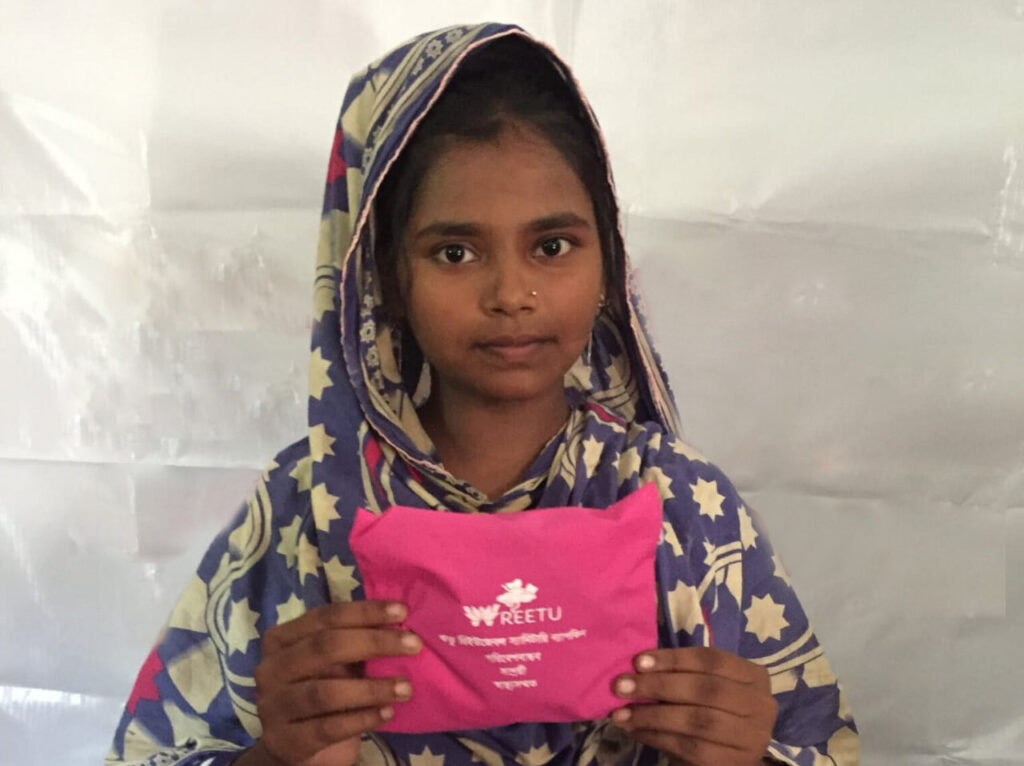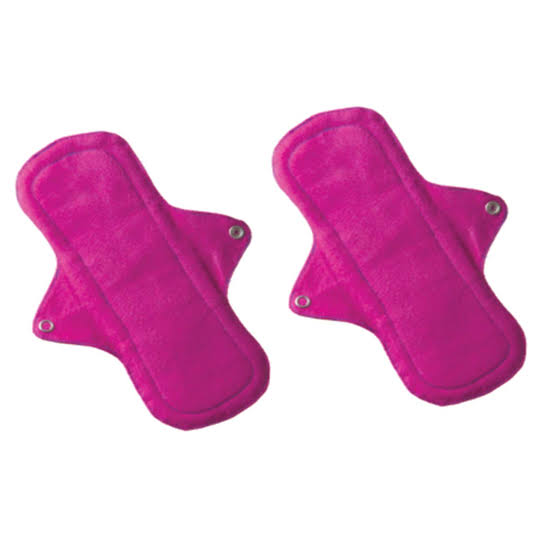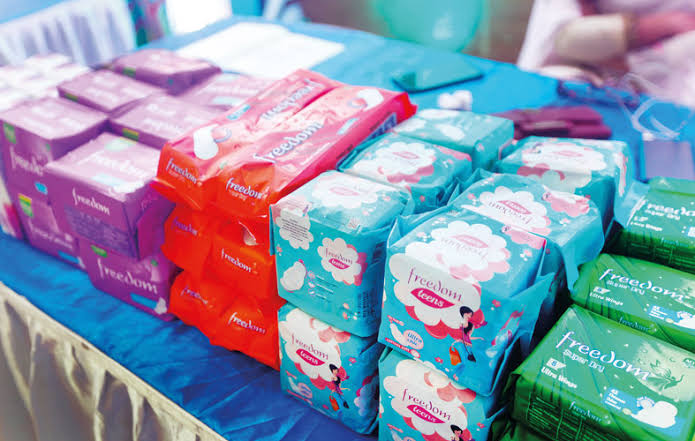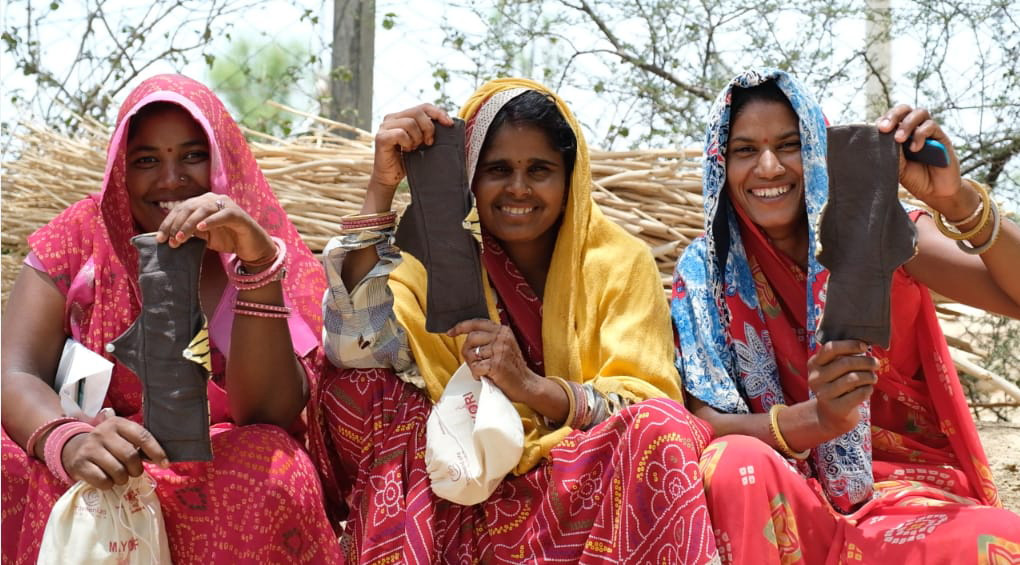Period poverty is defined as a shortage of sanitary goods, menstrual hygiene education, and sanitation infrastructure. It’s a global problem, and the financial strains of the COVID-19 pandemic have made it much more difficult for people to obtain the products they want.

Period poverty is prevalent in Bangladeshi communities, as many individuals regard menstrual products as a privilege rather than a right. Furthermore, roughly 95% of females cannot afford sanitary pads, resulting in diseases and increased absences from school or jobs. Cultural beliefs and social traditions impose a significant burden on menstruation women, limiting their participation in society and hindering true advancement. Here is some information regarding menstruation in Bangladesh and period poverty.

I had sent my younger brother to the local drugstore to purchase a packet of sanitary napkins when I was 15 years old. I shouted out at him out of sheer shame when he returned without it covered in its regular brown wrapper. I feel guilty now that I’m approaching my twenties and better understand everything. “Shelly Tabassum”, a freshman at a well-known public university, was taught to be ashamed of her periods from a young age, just like every other girl in Bangladesh. She was only nine when she got her first period, and she has been taught the shrewd art of discreet hygiene maintenance while menstruating ever since. “In front of my father, grandfather, and brother, my mother insisted that I pretend to fast. She would smuggle food into the house for me and get red if I even said the word.”

At home, Shelly has gradually learnt to deal with the microaggressions of menstruation. She has subsequently discussed this natural process with her mother in-depth, as it is intimately tied to a woman’s physical anatomy, livelihood, and reproductive health. Her mother’s cautious acceptance has helped her entire family comprehend why menstruation is not anything to be ashamed of. But, on the other hand, Shelly believes that there is still a long way to go.
In most parts of Bangladesh, discussing periods is frowned upon. As a result, many girls have no idea what their bodies are going through when they get their first period, let alone how to handle it healthily. Using unsanitary materials such as rags and old bedsheets instead of suitable sanitary supplies results in recurrent illness, shame, and school absence.
In Bengali culture, menstruation is regarded as an unpleasant and shameful occurrence. The women of Char Bramagacha, a village in northern Bangladesh, for example, menstruate in private. Fearing that evil spirits will attach themselves to their blood, women bury their old menstrual clothes in the dirt and wash the new clothes before anyone in the community wakes up. This isn’t an isolated incident in this village. Menstrual taboos exist in every culture and across the country. “Hindu girls can’t even touch cows or the cowshed because cows are holy,” Shopna, a 14-year-old Bengali girl, recalls being told while menstruating.
Period stigma, often known as menstrual stigma, is a general term for the discrimination experienced by women who menstruate. Period stigma hurts those who share it, ranging from physical issues such as a shortage of sanitary supplies to verbal shaming of menstruation persons as “filthy” or “unclean.” This can be considerably more detrimental in developing countries. However, menstruation is a regular and natural occurrence for those with wombs, recurring monthly for around 40 years, and the shame attached to it serves no constructive function. We’ll go over all you need to know about period stigma, including how it manifests in everyday life, how it began, and how normalising menstruation can benefit society.
Menstruation’s significant stigma remains stagnant in Bangladesh, where just 6% of schools provide menstrual hygiene education. As a result, many girls have no idea how to manage their periods appropriately, and 36% of girls have no idea what a period is. As a result of this lack of knowledge, one out of every four girls skip school during their period. Girls can become more aware of their natural cycles, learn to manage them effectively, and minimise the guilt of menstruating by boosting education on menstruation.
Menstruation is a taboo subject in Bangladesh. A culture of quiet is used to avert it. According to the Bangladesh National Hygiene Baseline Survey (BNHBS) 2014, only 6% of girls received any menstrual hygiene teaching at school. Around 94 percent of girls have no idea why they menstruate. Many teachers avoid discussing the subject with the lads in the class. Even parents are unconcerned about informing their daughters about menstruation. Menstrual hygiene management (MHM) is a neglected issue in such a socio-cultural context, and this neglect creates a more substantial barrier not just to health and nutrition but also to gender equality and women’s empowerment.
Some organisations fight for period poverty:
Bangladesh WASH Alliance: The Bangladesh WASH Alliance promotes equitable and long-term water, sanitation, and hygiene services in Bangladesh. The group has provided improved sanitation facilities to 248,837 individuals and improved water supplies to 229,989 people in the last six years. Women’s health risks and absenteeism are reduced when they have access to sanitary facilities. The WASH Alliance aims to reduce gender inequality by increasing women’s social involvement and promoting gender-equal practices in the water and sanitation industry.
PERIOD: To tackle period poverty and the stigma associated with menstruation, Nadya Okamoto and Vincent Forand founded PERIOD, a charity organisation that provides suitable menstrual supplies to homeless women. PERIOD has assisted approximately 1.2 million women in obtaining the necessary items for a safe and sanitary period cycle.
Resurgence: Another organisation fighting period poverty in Bangladesh is Resurgence, which three university activists created. Thousands of women and girls have benefited from this organisation’s distribution and production of low-cost menstrual pads. The water hyacinth, an otherwise invasive plant, has been used as the primary material by Resurgence to achieve this. It also hires women from these communities to help create and distribute its water hyacinth pads in slums, rural areas, and other areas affected.
Even though traditional beliefs impose a significant burden on the battle against period poverty, Bangladesh is taking steps in the right way by improving menstrual health education and focusing international attention on gender disparity. Finally, foreign aid has proven to be the most effective means of combating period poverty, emphasising eradicating inadequate sanitary facilities and misinformation.
We must openly discuss menstruation as a society: the monthly release of blood and uterine lining that girls and women experience. Open discussions, education on menstrual health and hygiene management, access to proper washroom facilities, the elimination of taxes, and the increased availability of appropriate sanitary products everywhere are all necessary steps toward a society that does not stigmatise menstruation unnecessarily. However, proper policy implementation is also required to address and correct the infrastructural deficiencies that severely limit women’s reproductive health in Bangladesh.

